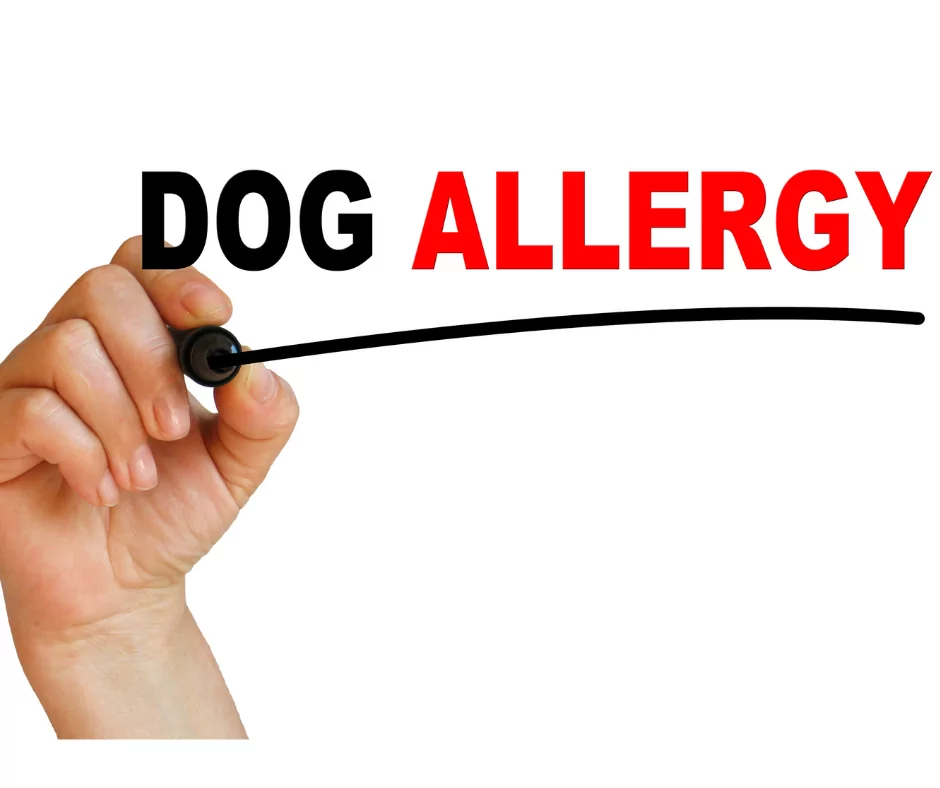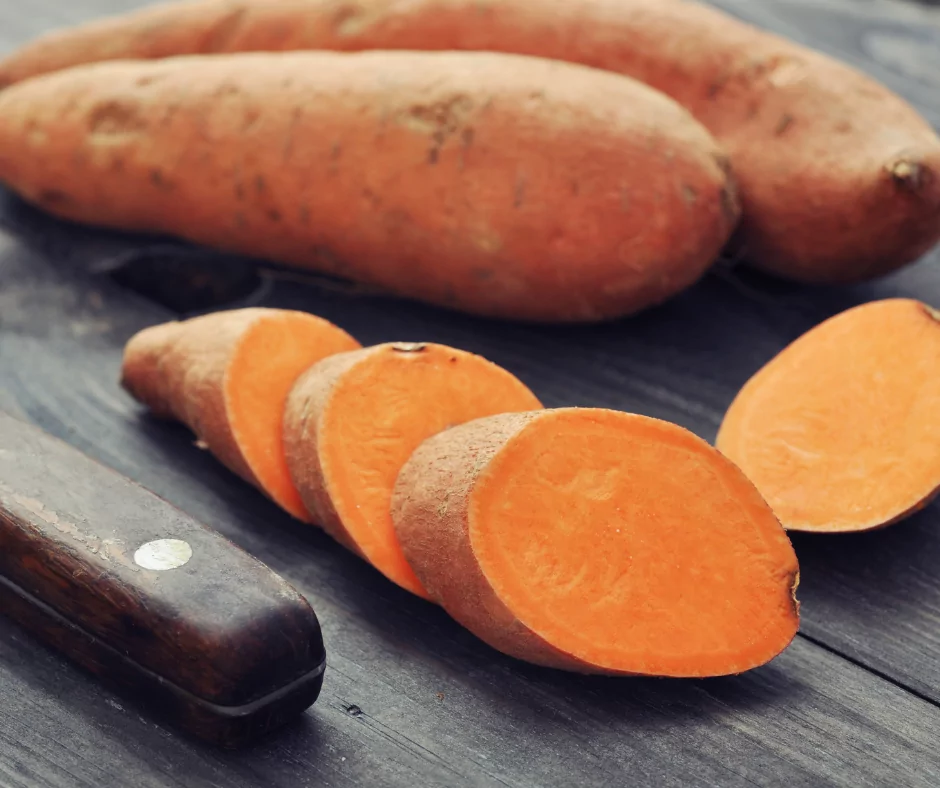The Latest on Grain-Free Dog Food
Grain-free dog food, friend or foe?
We all want what is best for the dogs in our life. We want them to stay healthy, happy, and with us for as long as possible. One of the best ways to ensure a healthy and long dog-life is to feed them quality dog food suitable for their life stage and unique needs and wants.
But, it can be increasingly challenging to determine what is the healthiest dog food out there. One of the newest “trends” on the dog food market is grain-free dog food. Many believe, and will argue, grain-free is the new best thing you can do for your dog.
However, with most veterinarians arguing there’s no reason to feed a healthy dog a grain-free diet, it can leave owners baffled and confused.
So what is actually up or down with grain-free dog food? Take a read below.

What is Grain-Free Dog Food?
To talk about grain-free food, we first need to talk about grain. The grain is a common ingredient in almost all food types, including dog food, and is a carbohydrates source in dog food – with carbohydrates more commonly known as sugar.
Generally, carbohydrates are considered “bad” in the mainstream media, but they are essential for our dog’s metabolism to yield energy that keeps the body running.
There are many types of grain, with the ones most commonly used in dog food, including:
- Wheat
- Corn
- Oats
- Barley
- Rice
- Soy
Therefore, simply put: Grain-free dog food is any type of dog food containing no grain. It seems simple enough, but from here, it gets a little more complicated.
Are Grain-Free Dog Food Good or Bad For Canines?
The easy answer to whether grain-free dog food is good or bad for our four-legged friends? It depends. As with everything that involves a living creature, it depends on the individual animal, any allergies and diseases they may have, and the lifestyle they’re living.
The slightly longer answer can be split into three, depending on which category a dog falls in to:
Group 1: The ones that benefit
A few animals benefit from being on a grain-free diet. This will mainly include dogs allergic to grain. These individuals should, of course, be fed grain-free dog food to avoid any possible unwanted reactions.
It is, however, very few dogs that suffer from allergies to the grain. Actually, the most common dog allergy is towards meat or dairy!
Some dogs may also benefit from grain-free diets if they suffer from digestion issues, and it can be beneficial for some with skin issues.

Group 2: The majority
The reality is that the vast majority of dogs will experience no measurable benefits from being on a grain-free diet. Most dogs will happily munch down their grain-free dog food without necessarily experiencing any unwanted reaction towards it, which is just fine!
No harm done – it just won’t affect them in any positive way either.
Group 3: Untoward reactions
A few animals may even experience harmful side effects on a grain-free diet, as we will cover further down. Grain-free dog food does not automatically equal healthier, better, or more-meat dog food, and research is currently being done on the possible adverse side effects of feeding your dog grain-free dog food.
What Are the Problems With Grain-Free Dog Food?
One of the biggest problems with grain-free dog food, in reality, isn’t the food itself but the misconceptions that surround it. The most important thing when feeding yours, or any dog, is to give it balanced and high-quality nutrition. That’s it!
That means, if an owner prefers balanced, high-quality grain-free dog food, it is not bad, wrong, or harmful. On the other hand, it is just as essential to know: Grain-free dog food does not automatically equal healthy or better, for several reasons.
Any owner who is considering feeding grain-free needs to be aware that grain-free does not equal sugar-free. The grains will, in most types of dog-food be replaced with other carbohydrate sources like:
- Potatoes
- Sweet potatoes
- Peas

Or some of the rarer types of carbohydrates like lentils and quinoa. Grain-free is therefore not carb-free; it is in many cases just carbohydrates replaced by some other carbohydrates. In some cases, dog food free of grain might even be higher in carbs than dog food with grain.
Another common misconception is that grain-free dog food is better because it contains more meat than regular dog food to make up for the “space” left when the grain is taken out.
In reality, grain-free dog food is, in the majority of cases, not all-meat dog food or even more-meat dog food, compared to dog food with grain. Taking the grain out doesn’t mean it will be replaced by meat.
Lastly, grain-free dog food is often believed to contain ingredients of a higher quality. That is not necessarily the case either. Of course, a high-quality brand of grain-free dog food will contain ingredients of better quality compared to a lower-quality brand.
But, if you pick a quality and well-documented dog-food brand, there will be no difference in the ingredients’ quality. So to summarise: Grain-free dog food does not, per definition, mean healthy dog food. That’s the most important thing to take from this.
Therefore, in most cases, a happy and healthy dog will not need to be on a grain-free diet, but that doesn’t mean that they will in any way be harmed from being fed grain-free. As long it is quality and balanced nutrition, they should thrive on it.
Grain-Free Dog Food and Heart Diseases in Dogs
However, a few out there are worried about grain-free dog food safety, with the FDA (U.S. Food and Drug administration) even launching an investigation. The FDA is looking into the development of dilated cardiomyopathy (DCM) in dogs that are being fed grain-free dog food.
DCM is a heart disease resulting in thinning of the heart muscle and an enlarged heart, which ultimately can lead to heart failure and death. It is often associated with large dog breeds, but now some also fear there is a link between grain-free diets and the development of DCM.

The worry is that dogs fed with grain-free dog food are more likely to develop this specific heart disease. A concern that arose after it was reported that of the 1100 dogs with DCM they studied, 90% of them were fed grain-free diets.
It is, however, imperative to note that the investigation is still ongoing, and there has been no market withdrawal or recall of any products.
The advice is to consult your veterinarian if you are feeding your dog a grain-free diet, especially if they are already diagnosed with a heart issue. If you are worried your dog may suffer from a heart condition, the most common symptoms are:
- Coughing
- Difficulty breathing
- Exercise intolerance
- Loss of appetite
Suitable Alternatives to Grain-Free Dog Food for Your Pupper
So what should you do when you bring home your new family member and need to select a diet for this new puppy or adult dog? Our best advice is to consult your veterinarian.
Veterinarians are educated in animal nutrition and will be able to guide you towards what’s exactly suitable for your best friend, no matter their age, medical history, and preferences.
Although, there is also a few pieces of advice for when picking dog-food:
- Pick a high-quality brand of dog food. A ton of research goes into every bag of dog food produced to ensure it is the best possible for your dog and its health.
- Buy it, don’t make it. It cannot be recommended to make your own dog food, whether raw or cooked — Dogs benefit from being fed the precisely balanced nutrients, minerals, and vitamins they need. If you want to make your own dog food, make sure to consults a nutritional expert first.
- Don’t buy into trends. There’s nothing wrong with wanting to try something new, but make sure you do your research.
- Look at your dog’s medical history. If your dog has any medical issues, it is, of course, essential to buy dog food suitable for their unique needs.
- Remember your dog’s life stage. A puppy has different needs when it comes to feeding compared to senior canine citizens.

And of course, you can spoil your do,g and it doesn’t always have to be just dry kibbles! There are plenty of healthy treats, chew-bones, and wet food out there in delicious flavors your dog will love to munch on from time to time. It is just all about picking the food that will be exactly right for your furry friend!
Summary
In the end, grain-free dog food is a wonderful addition to the dog food market–especially for dogs allergic to grain. But, for most healthy dogs, it will likely just be a slightly more expensive version of the other types of dog food available.
Most importantly: Grain-free does not automatically means it is better. It just means grain-free. Of course, if this grain-free dog food is made with excellent, quality ingredients and your dog loves it, there are not currently any documented reasons not to give it. Just make sure you do your research on the food first.
Because, in the end, any dog owner will know their dog better than anyone else, so picking the healthiest dog-food is a personal choice and preference. As long as you choose with your dog’s best interest at heart, you can’t go completely wrong!
If you enjoyed this particular article, you could read our other article on the human food items that dogs can eat.
